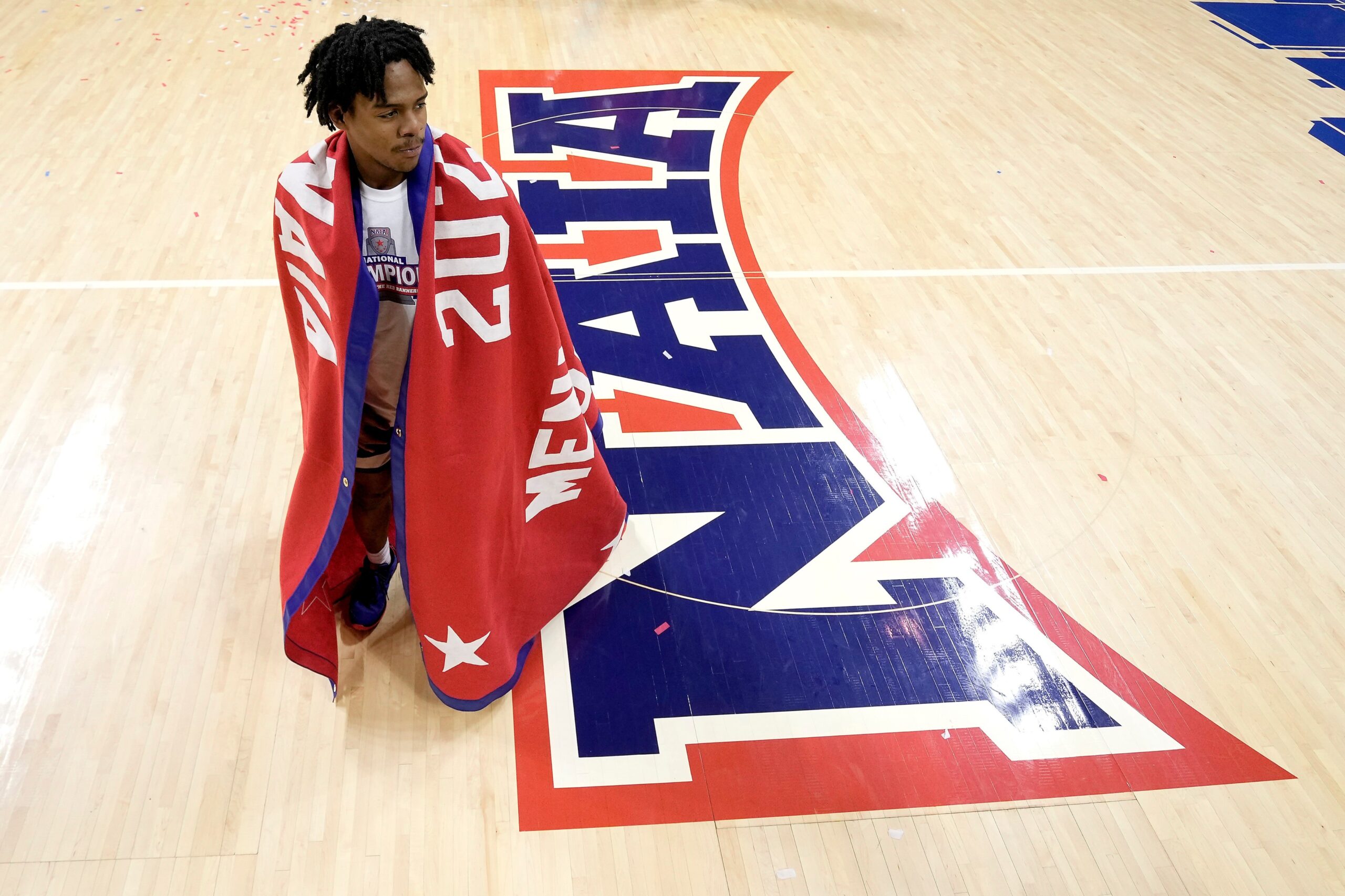After Lia Thomas, a transgender woman, won the NCAA 500-yard freestyle championship for the University of Pennsylvania, there was an undeniable rise of discourse around the discussion of transgender athletes within sports. Many criticize their inclusion as “unfair,” while others championed Thomas’s victory as a crucial moment in LGBTQ+ rights history.
Following the controversial championship, more than a dozen athletes sued the NCAA under Title IX for allegedly violating their civil rights.
After the whole media circus surrounding the championship, a new policy was announced by The National Association of Intercollegiate Athletics, better known as the NAIA, on Monday. The policy states that transgender women will no longer be allowed to compete in women’s sports under their jurisdiction.
While not covering as many schools as the NCAA, this still affects 250 schools that collectively have around 83,000 athletes across the nation.
Shortly after the decision was made public, the NCAA affirmed that transgender women will still be allowed to compete in women’s sports within their jurisdiction. They also released a statement, saying, “College sports are the premier stage for women’s sports in America and the NCAA will continue to promote Title IX, make unprecedented investments in women’s sports, and ensure fair competition for all student-athletes in all NCAA championships.”
ESPN reported that within the NAIA’s Council of Presidents, the vote was unanimous 20-0.
“Only NAIA student-athletes whose biological sex is female may participate in NAIA-sponsored female sports,” they said in their newly announced policy.
It requires that transgender women take on testosterone suppression treatment for a minimum of a year and that they test below specific levels to be allowed to compete.
“We know there are a lot of opinions, and a lot of people have a very emotional reaction to this, and we want to be respectful of that,” said the NAIA’s President and CEO Jim Carr. “But we feel like our primary responsibility is fairness in competition, so we are following that path. And we’ve tried as best we could to allow for some participation by all.”
This was described as a “cowardly decision that enables discrimination” by Kelley Robinson, who’s the president of the Human Rights Campaign.
“This is unacceptable and blatant discrimination that not only harms trans, nonbinary and intersex individuals but limits the potential of all athletes,” said Shiwali Patel, senior counsel at the National Women’s Law Center. “It’s important to recognize that these discriminatory policies don’t enhance fairness in competition. Instead, they send a message of exclusion and reinforce dangerous stereotypes that harm all women.”


